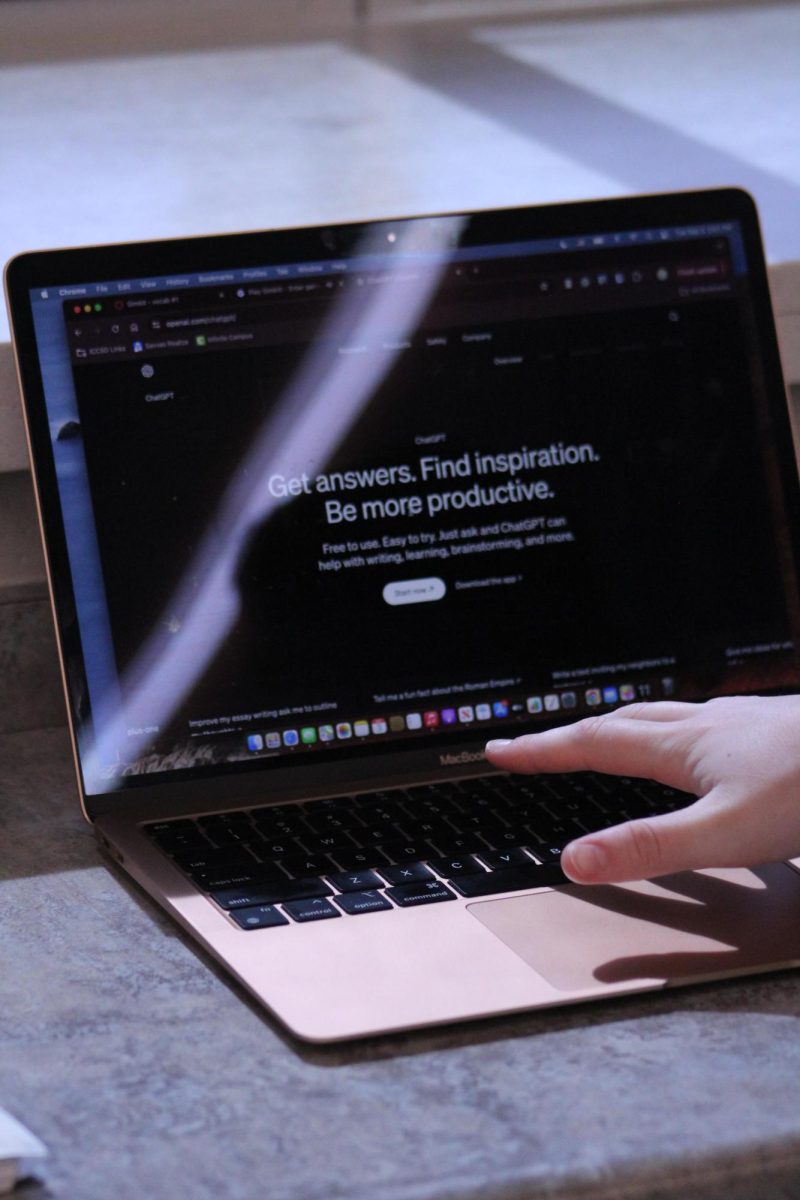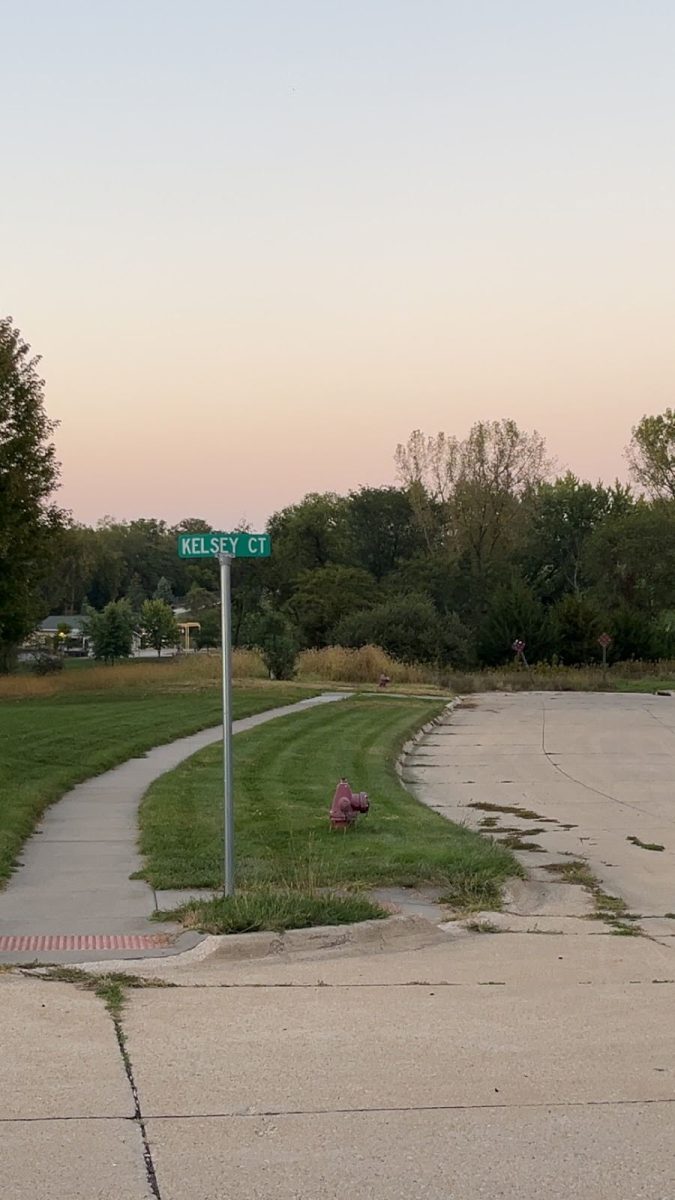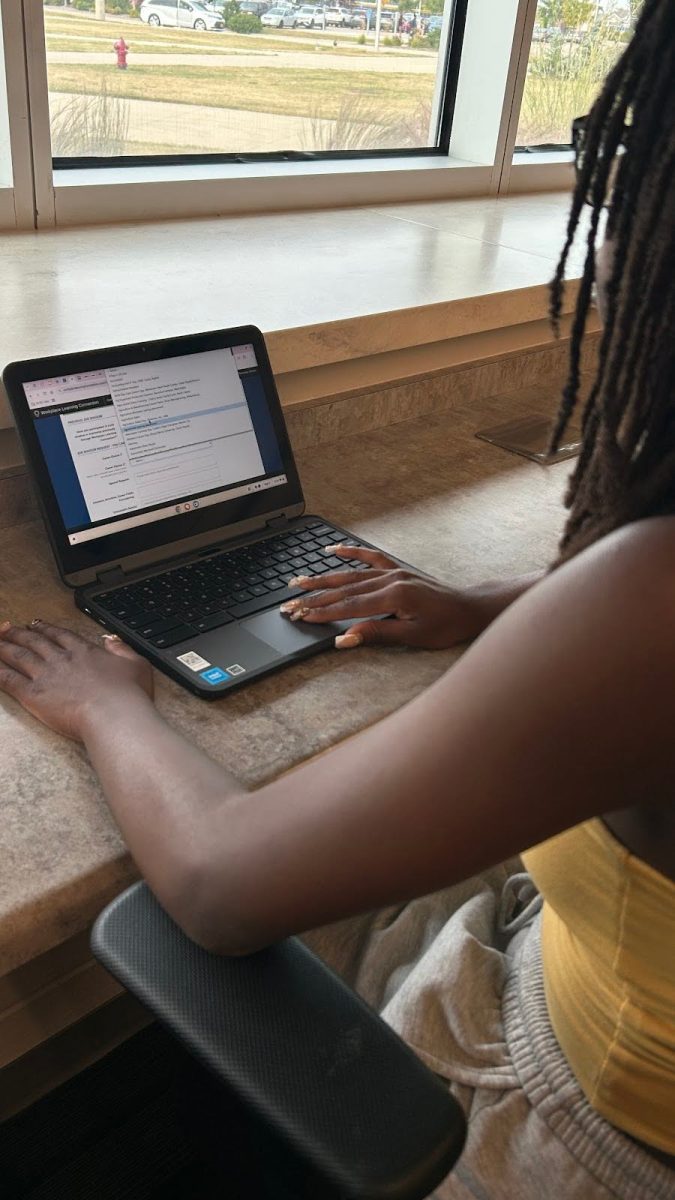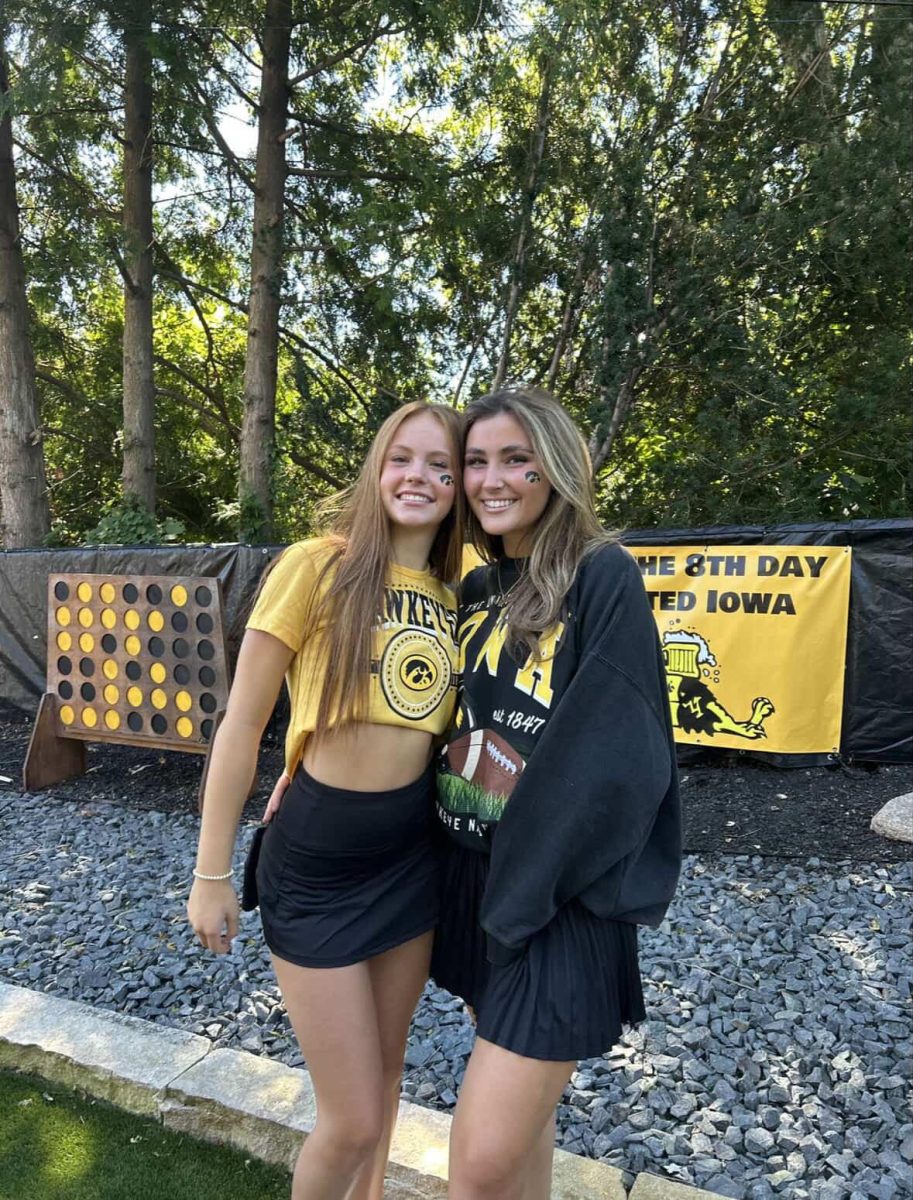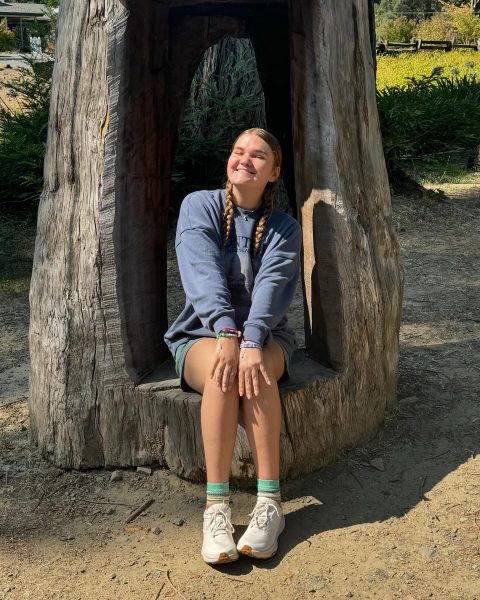As the use of generative Artificial Intelligence (AI) increases, educational institutions are being forced to adapt. Professionals at the University of Iowa (UI) and the Iowa City Community School District (ICCSD) are working to develop new AI policies for their students and faculty. Eden Jones (they/them) and Andrew Fenstermaker (he/him) are among the individuals working on these guidelines.
A concern among faculty is the difficulty of differentiating AI-generated work with students’ original work. Jones works in the UI Office of Teaching and Learning Strategies where they’ve found AI detectors to be ineffective at analyzing students’ AI usage.
“English language learners and neuro-atypical students’ writing often gets picked out by faculty graders as [being generated by] AI,” said Jones. “[Faculty] need to be really cautious about levying the charge that AI was used.”
Jones asks that, instead of jumping to accusations, faculty members have conversations with their students about their personal AI usage. Nowadays, it can be difficult for students to draw the line between cheating and using their resources. With programs like Grammarly and Google AI giving users automatic writing suggestions, using AI can feel unavoidable. This blurred line emphasizes the importance of having crystal-clear AI policies.
The main target of these policies is generative AI. Generative AI is a specific type of artificial intelligence that uses generative models to create images, audios, text, etc. based on prompts given by its users. Some mainstream examples are ChatGPT, Copilot and OpenAI.
As the capabilities of AI continue to grow, Jones believes it will be the educators’ responsibility to alter or create new coursework. They advise faculty to develop assignments and exams in such a way that students’ abilities are assessed accurately in regards to AI-generated works. As a result, University of Iowa leaders are considering returning to in-class and pencil-paper testing formats.
Like Jones, Fenstermaker, an Industrial Technology Coordinator in the ICCSD, is working to develop AI policies.
Throughout the 2023-2024 school year, Fenstermaker and other district educators worked together to explore what guidelines would best support teachers while navigating AI usage. The goal was to provide a framework for policies that teachers can implement in the classroom. Fenstermaker described this process as a “multi-pronged approach.”
“It wasn’t just a work-group,” said Fenstermaker. “We were interviewing a wide-range of stake-holders across the district, while working with a national science foundation, while also gathering different cohorts of teachers from elementary to secondary… to test things out and to get more feedback.”
Fenstermaker and the ICCSD as a whole agree that it’s important to consider students’ feelings on AI usage. The district acknowledges that not all students will feel comfortable using AI, even when given the go-ahead by their teachers. Throughout the policy-making process, students’ input was an important piece of the puzzle.
Sophia Smith (she/her), 12, is one of the students who gave feedback on the policies.
Smith sees a lack of understanding of AI among both teachers and students. She believes there needs to be more education on the extent of what AI can do, what different types of AI are available and each type’s distinctive strengths and weaknesses.
“Right now, AI is such a trigger word,” Smith explains. “You hear it and you automatically think it’s generative AI, like ChatGPT, but that’s not always the case.”
Thorough clarification and education are crucial to the success of these policies, but these are just some of the factors to consider when regulating AI in schools.
“It’s hard to figure out what long-term policies should be used because of the rapid pace at which these generative models change,” said Jones.
Despite the difficulty of regulating AI-usage, the field of education will need to find a solution. With the passion and drive of faculty and students, the necessary work will continue to press on to ultimately better the schools educating the future generations.




